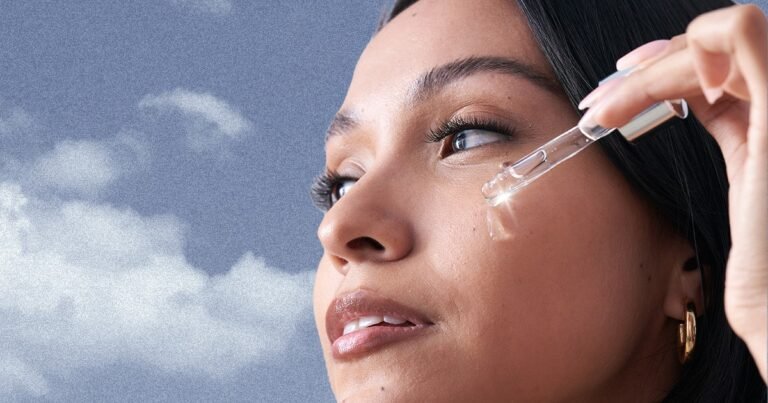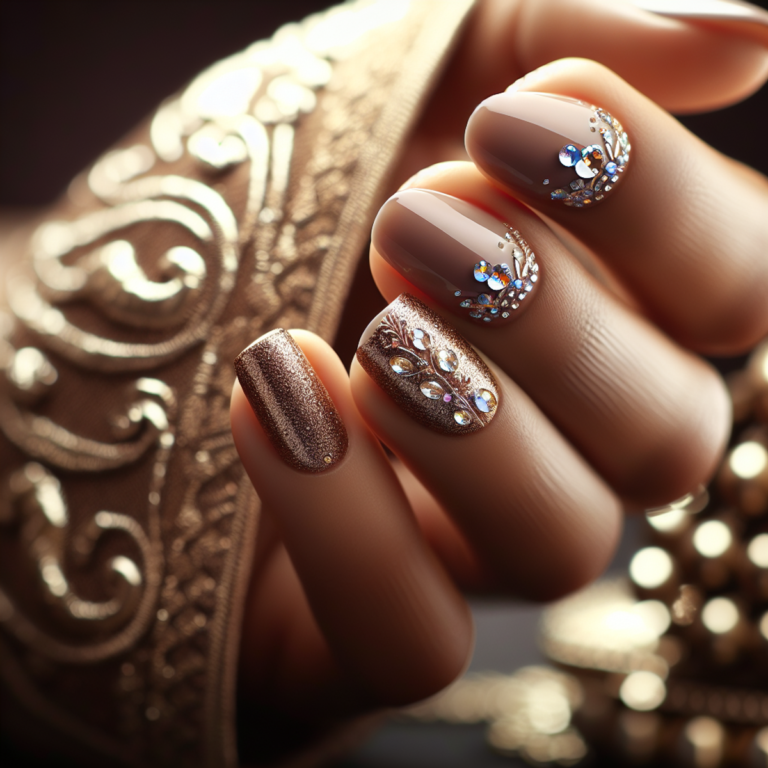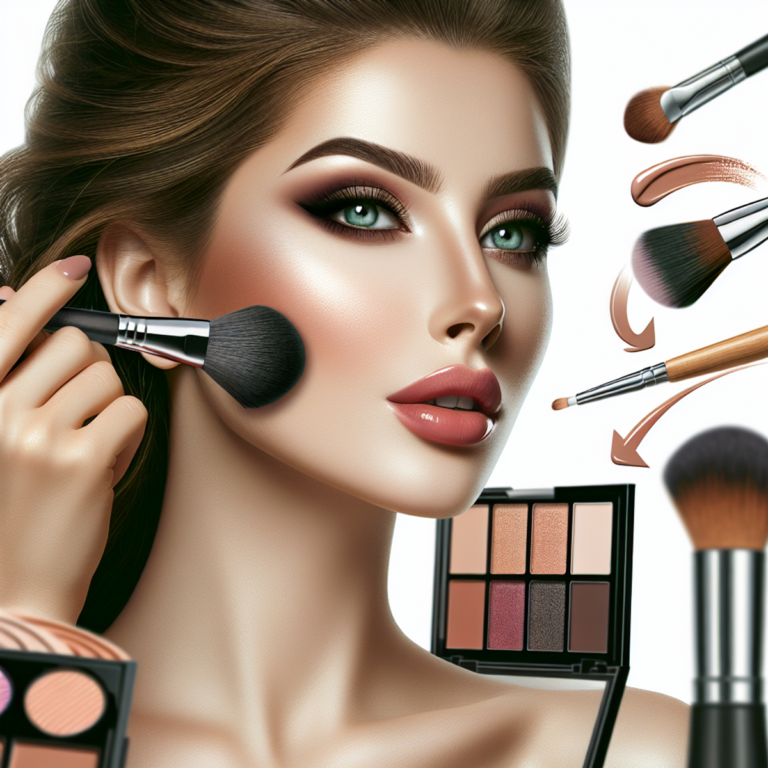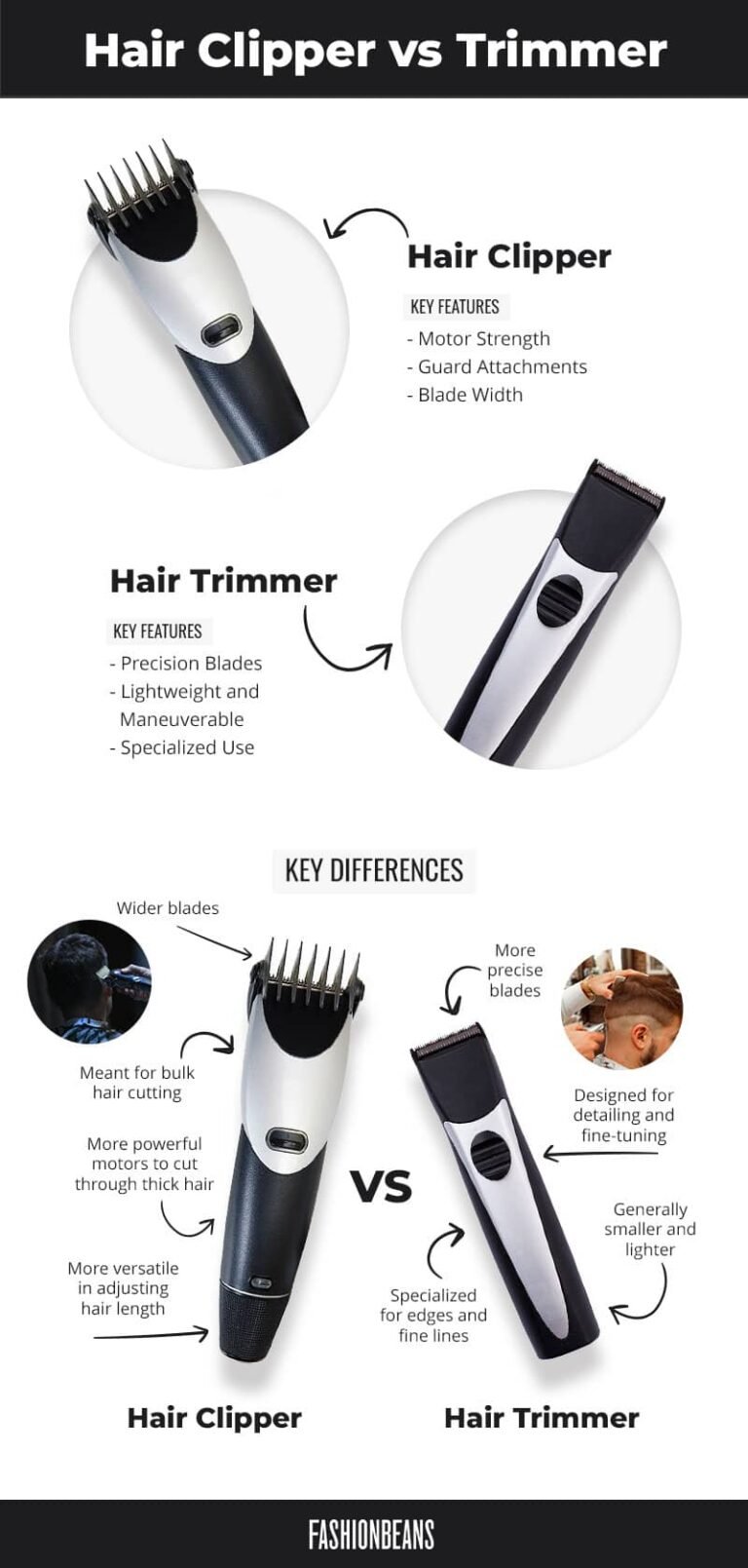How To Get Rid of Acne Fast: Tips and Tricks
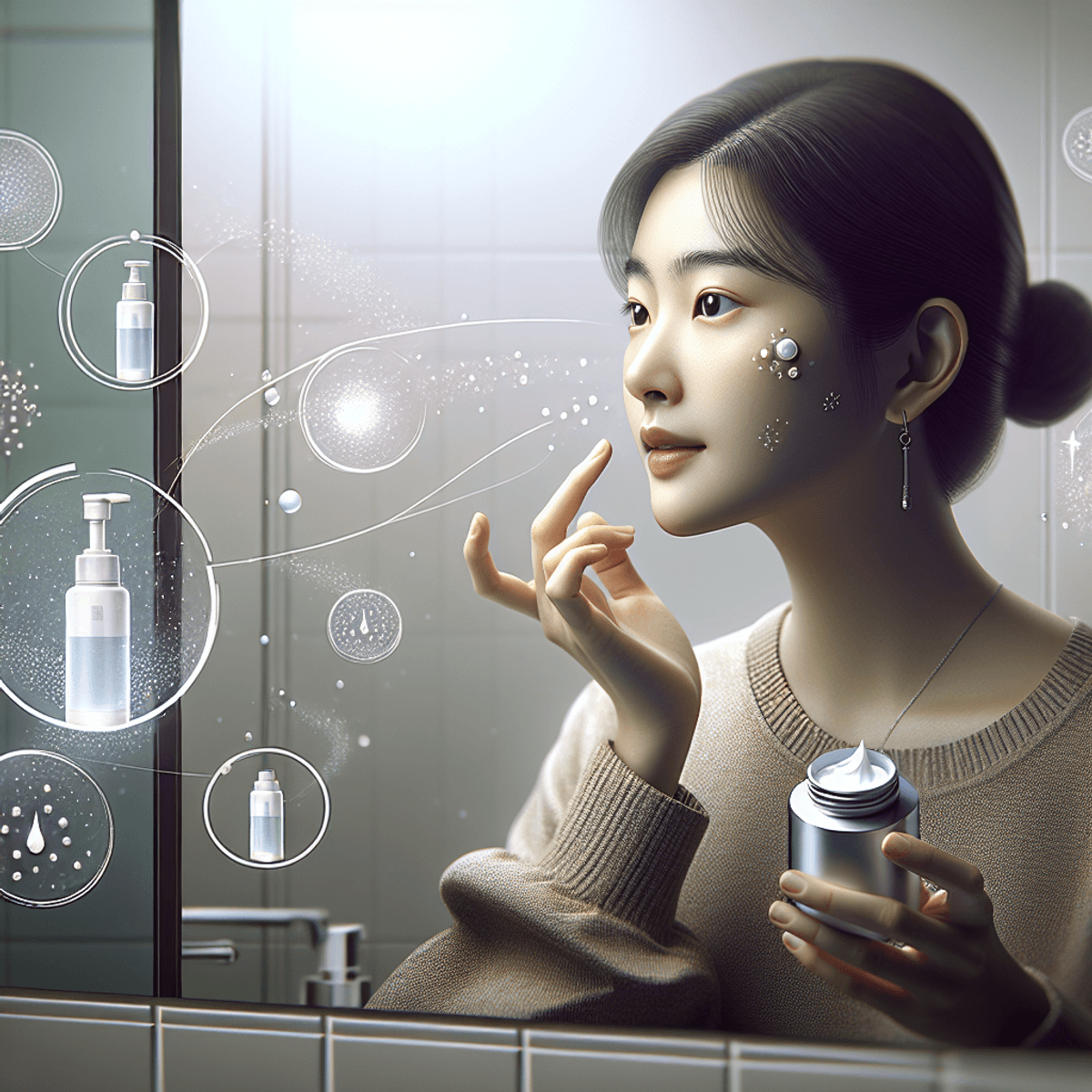
Introduction
Dealing with sudden breakouts can be incredibly frustrating, especially when you need clear skin quickly. This blog post focuses on how to get rid of acne fast by offering practical and effective acne solutions. You’ll find a range of skincare tips that target immediate relief from pimples and long-term acne management strategies.
Whether you’re preparing for an important event or simply tired of persistent acne, this guide is tailored for individuals seeking quick and reliable methods to achieve clearer skin. From topical treatments to lifestyle changes, these tips and tricks aim to provide you with actionable steps to combat breakouts.
Explore various options, including:
- Topical Treatments: Effective products like benzoyl peroxide and salicylic acid.
- Physical Methods: Quick relief techniques such as ice application.
- Over-the-Counter Products: Fast-working solutions like pimple patches.
This comprehensive approach ensures that you have multiple tools at your disposal for tackling acne head-on.
Understanding Acne
Acne, as detailed in this NIAMS resource, is a common skin condition that manifests in various forms. Each type of acne has its own characteristics and knowing these can help you choose the best treatment.
Types of Acne
Acne shows up in different ways:
- Pimples: Usually red and swollen, often with a visible white or yellow center.
- Blackheads: Open pores that look black due to oxidation of trapped dirt.
- Whiteheads: Closed pores that stay under the skin’s surface.
- Cystic Acne: Deep, painful cysts filled with pus, often causing significant swelling and scarring.
Common Causes of Acne
Understanding what causes acne is crucial for effective management. Common factors include:
- Hormonal Changes: As outlined in this Medical News Today article, fluctuations during puberty, menstrual cycles, or pregnancy can trigger excess oil production.
- Bacteria: The presence of Propionibacterium acnes bacteria on the skin can lead to inflammation and pimples.
- Lifestyle Factors: Poor hygiene, use of pore-clogging skincare products, and lack of a proper skincare routine can contribute to breakouts.
How Diet and Stress Affect Your Skin
What you eat and how stressed you are play a big role in your skin’s health and acne development:
- Diet: Certain foods high in sugars and dairy products are often linked to increased acne. A balanced diet rich in fruits, vegetables, and whole grains can support healthier skin.
- Stress: Elevated stress levels can cause hormonal imbalances, leading to increased oil production and subsequent breakouts.
Understanding these factors gives you a better picture of why acne happens. To manage and prevent acne effectively, it’s important to address both internal and external causes. For more detailed insights into understanding acne better, you may refer to this NCBI article.
Immediate Solutions for Pimples
Topical Treatments
When you need to know how to get rid of pimples fast, topical treatments can offer quick and effective relief. Here’s a look at some popular options:
Benzoyl Peroxide
Benefits:
- Kills Bacteria: Benzoyl peroxide is an antibacterial agent that targets Propionibacterium acnes, the bacteria responsible for acne.
- Reduces Inflammation: Helps reduce redness and swelling, making pimples less noticeable.
Usage Instructions:
- Choose the Right Concentration: Available in strengths ranging from 2.5% to 10%. Start with a lower concentration to avoid irritation.
- Apply Sparingly: Use a pea-sized amount on affected areas once or twice daily.
- Moisturize: Follow up with a non-comedogenic moisturizer to prevent dryness.
Salicylic Acid
Role:
- Unclogs Pores: Salicylic acid penetrates the pores and exfoliates from the inside out, helping to clear blocked follicles.
- Reduces Inflammation: Known for its anti-inflammatory properties, it calms irritated skin.
Usage Instructions:
- Spot Treatment: Apply directly on pimples using a cotton swab or pad.
- Daily Cleanser: Opt for face washes containing 0.5% to 2% salicylic acid for regular use.
- Consistency is Key: Use consistently but avoid overuse to prevent skin dryness.
Tea Tree Oil
Effectiveness:
- Natural Antibacterial Agent: Tea tree oil is known for its natural antibacterial properties, making it effective against acne-causing bacteria.
- Anti-inflammatory: Reduces redness and swelling associated with pimples.
Usage Instructions:
- Dilute Before Use: Mix a few drops of tea tree oil with a carrier oil (like jojoba or coconut oil) to avoid skin irritation.
- Patch Test First: Conduct a patch test on your wrist or behind your ear to check for any allergic reactions.
- Spot Treatment: Apply the diluted solution directly on the pimple using a cotton swab.
These topical treatments are essential tools in your skincare arsenal when you need to know how to get rid of pimples effectively.
Physical Methods for Quick Relief
Knowing how to get rid of pimples fast can be a game-changer, especially when you need immediate results. Physical methods offer quick relief by targeting inflammation and redness directly.
Ice Application
Applying ice to a pimple can significantly reduce swelling and redness. Here’s how:
- Process: Wrap an ice cube in a clean cloth.
- Duration: Apply it to the affected area for 1-2 minutes.
- Frequency: Repeat every few hours as needed.
The cold constricts blood vessels, reducing the appearance of the pimple and providing temporary relief from pain.
Cortisone Injections
For deep, inflamed pimples, cortisone injections offer a professional solution. Administered by dermatologists, these injections contain a small amount of corticosteroid that targets inflammation quickly.
- Effectiveness: Provides rapid reduction in swelling and redness within 24-48 hours.
- Procedure: A dermatologist injects a diluted corticosteroid directly into the pimple.
This option is particularly effective for cystic acne or large, painful breakouts that do not respond well to over-the-counter treatments.
These physical methods complement topical treatments like benzoyl peroxide, salicylic acid, and tea tree oil by offering immediate visible improvements. For those wondering how to remove pimples overnight or looking for fast relief from stubborn breakouts, these techniques are worth considering.
Over-the-Counter Products that Work Fast
Pimple Patches
These small, adhesive patches are designed to combat pimples swiftly. Pimple patches work by:
- Absorbing oil and pus: They contain hydrocolloid, which draws out impurities from the pimple.
- Protecting the area: By covering the pimple, these patches prevent you from picking at it, reducing the risk of scarring.
To use pimple patches effectively:
- Cleanse your face and ensure the affected area is dry.
- Apply the patch directly onto the pimple.
- Leave it on overnight or for several hours: The patch will turn white as it absorbs impurities.
- Remove and replace with a new patch if necessary.
These patches can be particularly useful when you need to know how to get rid of pimples overnight.
Hydrocortisone Cream
This topical steroid can help diminish inflammation and redness:
- Reduces swelling: Hydrocortisone cream helps calm inflamed skin.
- Minimizes redness: Its anti-inflammatory properties make it effective for reducing visible signs of a pimple.
Usage tips:
- Apply sparingly: Use a small amount on the affected area.
- Limit usage to 1-2 times daily: Excessive use can lead to skin thinning or irritation.
- Do not use on broken skin: Ensure the pimple is not open or oozing before applying.
Including hydrocortisone cream in your routine can provide quick relief, especially when wondering how to get rid of pimples fast. Always follow product instructions for safe application.
For those exploring how to remove pimples naturally and permanently, it’s important to note that while these over-the-counter products offer rapid solutions, they should be part of a broader skincare regimen.
Natural Remedies for Pimples: Safe Alternatives?
Natural remedies for acne have gained popularity due to their accessibility and perceived safety. Among the most recommended are honey and aloe vera.
Honey
- Antibacterial Properties: Honey, especially raw or Manuka honey, is known for its antibacterial properties. Applying a small amount directly to the pimple can help reduce bacteria and inflammation.
- Moisturizing Effect: Honey is a natural humectant, meaning it retains moisture in the skin, which can be beneficial for healing acne without drying out the skin.
Aloe Vera
- Anti-inflammatory Benefits: Aloe vera gel has anti-inflammatory properties that can soothe irritated skin and reduce redness associated with pimples.
- Healing Agent: Aloe vera promotes faster healing of acne lesions due to its content of vitamins, minerals, and enzymes.
Advantages of Natural Remedies
- Gentle on Skin: Natural remedies are generally less harsh on the skin compared to some chemical treatments. This makes them suitable for individuals with sensitive skin.
- Fewer Side Effects: Using natural ingredients often results in fewer side effects like dryness or irritation, which are common with conventional acne treatments.
Limitations of Natural Remedies
- Slower Results: While natural remedies can be effective, they typically work slower than over-the-counter or prescription treatments. This might not be ideal if you need quick results.
- Variable Efficacy: The effectiveness of natural remedies varies from person to person. Factors such as skin type and severity of acne play a significant role.
- Lack of Scientific Backing: Many natural remedies lack extensive scientific research to back their efficacy, making them less reliable compared to conventional options.
When considering how to get rid of acne fast, it’s important to weigh the benefits and limitations of natural remedies. While they offer a gentle approach, their slower pace may not provide immediate relief.
Avoiding Common Mistakes in Pimple Management
Effective acne management requires avoiding common skincare mistakes that can make breakouts worse and cause long-term skin damage.
Risks of Picking or Popping Pimples
Picking or popping pimples is one of the most common mistakes people make. This action:
- Increases Inflammation: Squeezing a pimple pushes bacteria deeper into the skin, leading to more severe inflammation.
- Potential Scarring: Physically messing with pimples can break the skin barrier, resulting in scars that may last for months or even be permanent.
- Spread of Bacteria: Touching your face frequently introduces more bacteria to the affected area, worsening acne conditions.
Why Toothpaste and Other Home Remedies Are Discouraged
Certain home remedies like toothpaste, hydrogen peroxide, and even lemon juice are often promoted as quick fixes for acne. However, skincare professionals discourage these methods due to several reasons:
- Irritation and Dryness: Ingredients in toothpaste, such as baking soda and hydrogen peroxide, can severely irritate the skin, causing dryness and peeling.
- Chemical Burns: Lemon juice is highly acidic and can lead to chemical burns, making your skin more sensitive to sunlight and increasing the risk of pigmentation issues.
- Unpredictable Reactions: Home remedies lack standardized formulations, leading to inconsistent results and potential allergic reactions.
Better Alternatives
Instead of resorting to harmful practices:
- Use topical treatments like benzoyl peroxide or salicylic acid, which are specifically formulated for acne treatment.
- Opt for over-the-counter products designed to target acne without causing additional damage to your skin.
By steering clear of these common skincare mistakes, you can manage pimples more effectively while maintaining healthier skin.
Lifestyle Tips for Clear Skin: Beyond Immediate Solutions
Importance of a Balanced Diet
A healthy diet for skin is crucial in maintaining clear and radiant skin. Consuming a variety of vitamins and minerals supports overall skin health. Specific foods to incorporate include:
- Fruits: Berries, oranges, and apples provide essential antioxidants that protect the skin from damage. Watermelon, for instance, is hydrating and packed with vitamins that can benefit your skin.
- Vegetables: Leafy greens like spinach and kale are rich in vitamins A, C, and E, which promote skin repair and hydration.
- Nuts: Almonds and walnuts contain omega-3 fatty acids that help reduce inflammation and keep the skin moisturized.
Role of Regular Exercise
Regular exercise plays a significant role in promoting good blood circulation, which benefits your skin condition:
- Improved Blood Flow: Physical activity increases blood flow, delivering oxygen and nutrients to the skin cells while carrying away waste products.
- Stress Reduction: Exercise helps manage stress levels by releasing endorphins. Lower stress levels can result in fewer acne flare-ups as hormonal changes are kept in check. Incorporating some stress management techniques into your routine can further enhance your skin health.
Embracing these lifestyle tips contributes to long-term skin health beyond immediate solutions for acne.
When to Seek Professional Help: Long-term Strategies for Acne Management
Persistent or severe acne often requires more than over-the-counter treatments and home remedies. Recognizing the right time to consult a dermatologist can be crucial in managing your skin condition effectively.
Signs You Should See a Dermatologist:
- Persistent Breakouts: If you have tried various treatments without significant improvement, it’s time to seek professional help.
- Severe Acne Types: Deep cystic acne or nodules that are painful and inflamed usually require specialized treatment options.
- Scarring Risk: Frequent breakouts that lead to scarring need immediate attention to prevent long-term skin damage.
Specialized Treatment Options:
1. Prescription Medications:
- Topical Retinoids: Effective for preventing clogged pores and reducing inflammation.
- Oral Antibiotics: Help control bacterial growth and reduce inflammation from the inside out.
- Hormonal Treatments: Often prescribed for women with hormonal imbalances contributing to acne.
2. Professional Procedures:
- Chemical Peels: Exfoliate dead skin cells and improve overall skin texture.
- Laser Therapy: Targets deeper layers of the skin to reduce acne bacteria and inflammation.
- Cortisone Injections: Quickly reduce swelling and pain from large, inflamed pimples.
3. Individualized Skincare Plans:
Dermatologists can provide customized skincare routines tailored to your specific skin type and condition.
Understanding when to transition from DIY solutions to professional help is key in your journey of achieving clear skin. A dermatologist visit can offer insights into how to get rid of acne fast with targeted treatments tailored just for you.
Conclusion: Your Journey Towards Clear Skin Starts Now!
Taking action with the discussed methods can lead you towards clear skin. Implementing topical treatments like benzoyl peroxide and salicylic acid, trying physical methods such as ice application, and utilizing over-the-counter products including pimple patches can deliver quick results. Exploring natural remedies and avoiding common mistakes ensures a balanced approach.
Be patient with your skincare routine. Consistency is key to seeing improvements over time.
Consider maintaining a healthy lifestyle and knowing when to seek professional help for persistent issues. Your journey towards clear skin is personal, but these strategies provide a solid foundation.
Start applying these tips today and watch your skin transform.
FAQs (Frequently Asked Questions)
What are some quick solutions for getting rid of pimples?
Some effective quick solutions include using topical treatments like benzoyl peroxide, salicylic acid, and tea tree oil. Additionally, physical methods such as ice application can temporarily reduce swelling and redness.
How do lifestyle factors contribute to acne development?
Lifestyle factors such as diet and stress play a significant role in skin health. A balanced diet rich in vitamins and minerals, along with regular exercise, can help maintain clear skin and reduce the likelihood of breakouts.
What natural remedies can I use for managing pimples?
Popular natural remedies include honey and aloe vera. These alternatives can be effective for managing pimples, but it’s important to understand their advantages and limitations compared to conventional treatments.
When should I consider seeing a dermatologist for acne?
You should consult a dermatologist if you experience persistent or severe acne that does not respond to over-the-counter treatments. They can provide specialized treatment options tailored to your specific needs.
What common mistakes should I avoid when managing pimples?
Avoid picking or popping pimples, as this can lead to inflammation and scarring. Additionally, certain home remedies like toothpaste are discouraged by skincare professionals due to their potential harm.
What over-the-counter products work best for fast pimple relief?
Effective over-the-counter products include pimple patches that absorb oil and pus from breakouts, as well as hydrocortisone cream which helps lower inflammation when used correctly.


